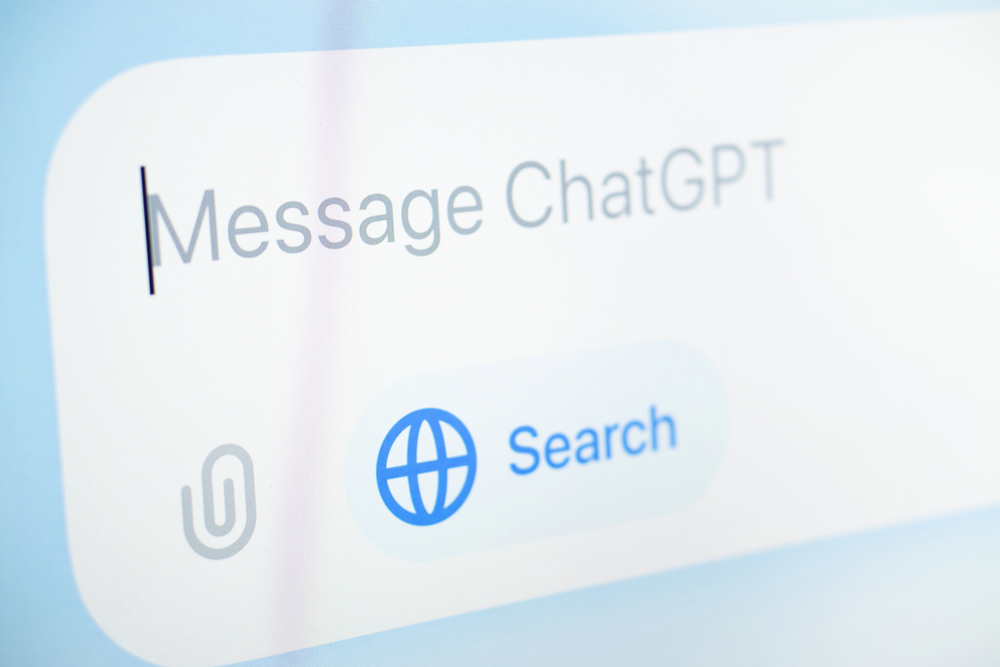This blog explores whether ChatGPT and AI tools can replace therapy. While AI may help with reflection, journaling, or brainstorming, it cannot replace the human connection, empathy, and professional guidance that therapy provides. Read more.

Artificial intelligence is everywhere. From planning trips to writing emails, tools like ChatGPT are being used in daily life. It’s no surprise that some people are now asking: Can ChatGPT replace a therapist?
The honest answer: No, AI can’t replace the value of human connection in therapy. While it can be a helpful supplement for self-reflection, the real healing and growth come from safe, supportive relationships with a trained professional.
ChatGPT can feel appealing when life feels overwhelming.
In this way, ChatGPT can act like a digital journal with prompts and structure. But that doesn’t make it a therapist.
For all of its accessibility, ChatGPT has serious limitations:
These limits matter because emotional health requires more than information — it requires attunement, accountability, and trust.
Instead of seeing ChatGPT as a therapist, it may be better viewed as a support tool. When used with intention, it can:
Think of it as a tool in your wellness toolbox, but never the whole toolbox.
Therapy is more than giving advice. It’s about relationship, safety, and personalized support. A licensed therapist offers:
These are qualities no AI can replicate. Healing comes from being truly seen and understood by another person.
If you’re curious about using AI tools, the healthiest way forward is balance. Use ChatGPT for reflection or brainstorming, but turn to therapy for growth, healing, and long-term change.
You don’t have to navigate life’s challenges alone. Book a 15-minute free consultation or reach out to me to see how I can help you gain clarity, build resilience, and create a plan for lasting change.
Still curious about how AI fits into mental health and therapy? Here are answers to some of the most common questions people ask:
Can ChatGPT help with anxiety?
ChatGPT may provide coping strategies or journaling prompts that help you process anxious thoughts. However, for ongoing or severe anxiety, working with a licensed therapist ensures you get personalized guidance and proven techniques.
Is it safe to use ChatGPT for therapy?
It’s safe for light self-reflection, but not for crisis or complex mental health concerns. AI lacks empathy, accountability, and confidentiality protections.
What’s the difference between ChatGPT and real therapy?
ChatGPT can reflect and organize your thoughts, but therapy offers genuine human connection, empathy, and strategies rooted in professional training.
Can ChatGPT replace my therapist?
No. While AI can be a helpful tool in your self-care routine, it cannot replace the depth, trust, and relationship you build in therapy.
Is online therapy the same as AI therapy?
Not at all. Online therapy is still led by a licensed professional who provides empathy, understanding, and personalized care - qualities that AI cannot replicate.